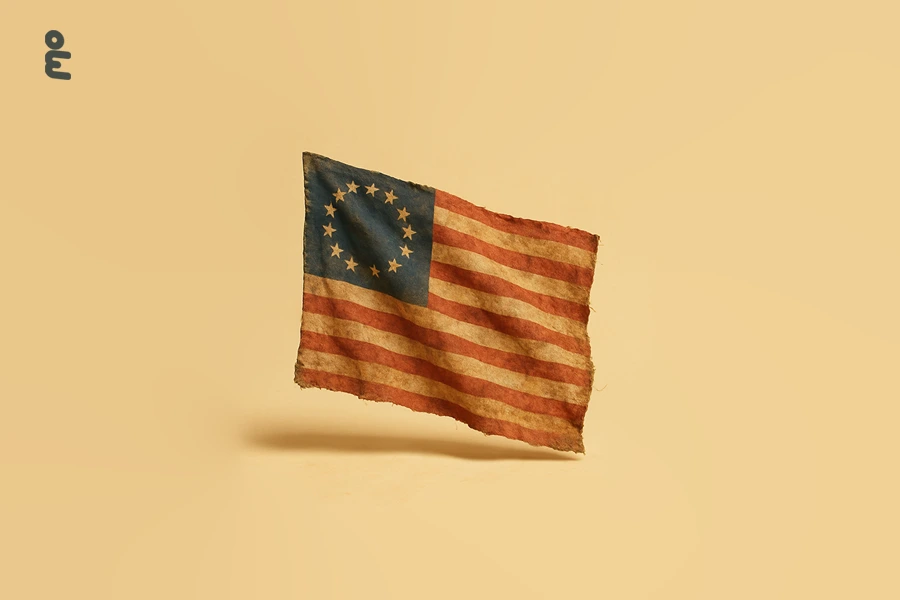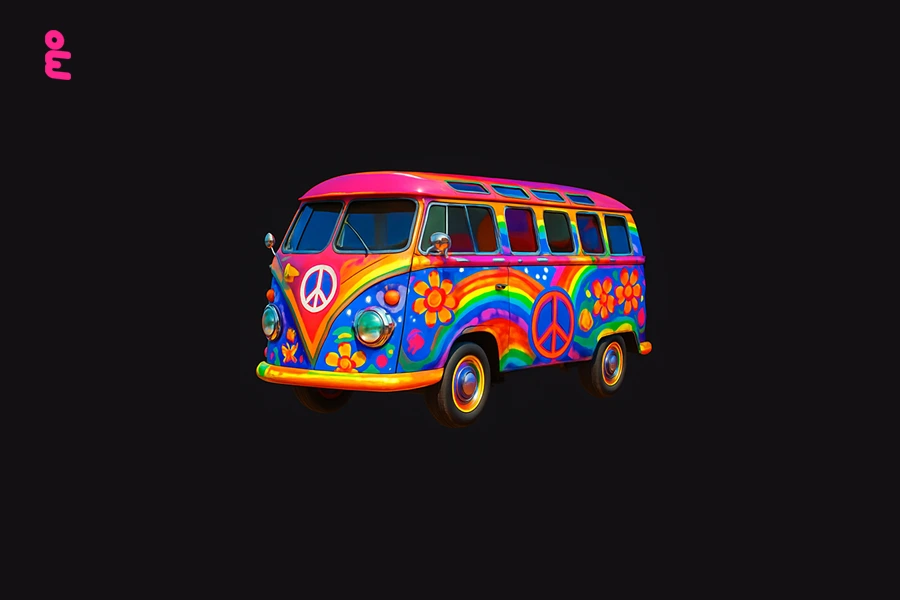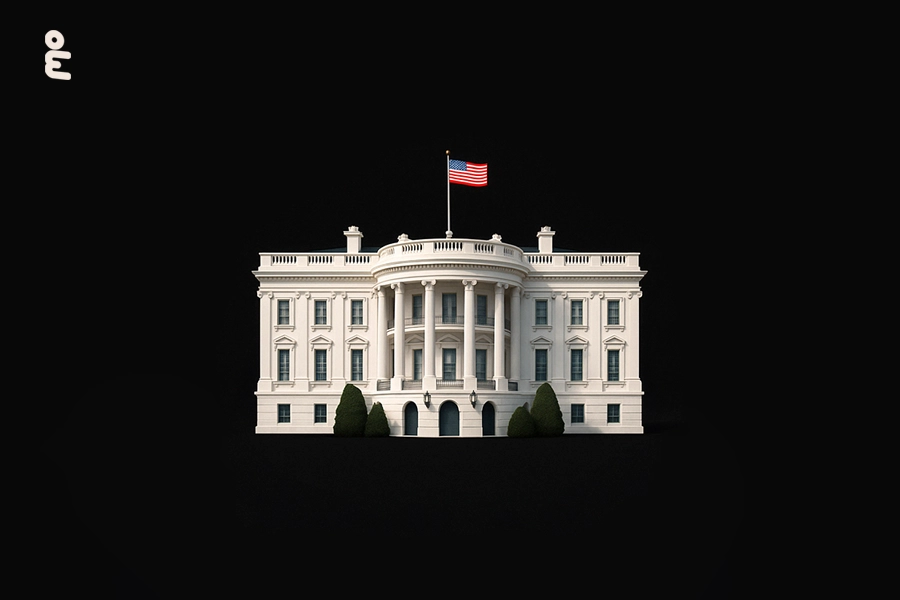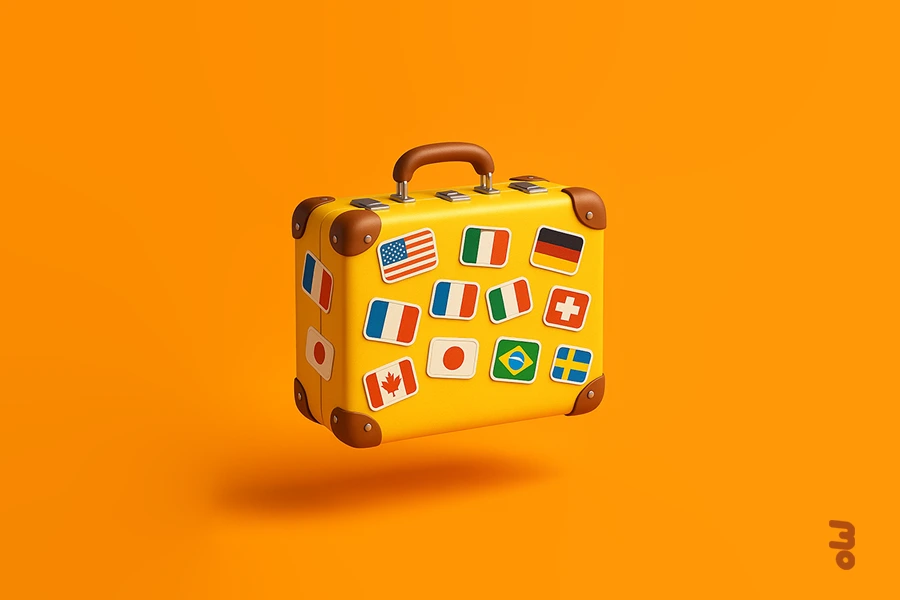13 Colonies Quiz: Liberty or Loyalty?

The year 1607, the shore of an uncharted continent, a ship carrying people exhausted by their long voyage drops anchor off the coast of future Virginia. These desperate daredevils have no idea they’re laying the foundation of the future’s greatest superpower. From Jamestown to the Declaration of Independence – just 169 years, but what a history-packed era! Our 13 colonies quiz is a journey into an epoch when each day could be your last, and every decision determined the fate of a continent.
What Were the 13 Original American Colonies?
The thirteen British colonies in North America weren’t the monolithic entity they might seem from school textbooks. They were a kaleidoscope of cultures, religions, and economic models, united only by the British crown and the ocean that separated them from the mother country.
The northern New England colonies – Massachusetts, Connecticut, Rhode Island, and New Hampshire – became the stronghold of the Puritan spirit. Here, harsh climate and rocky soil bred people of unbending will. Fishing, shipbuilding, and trade became the foundation of their economy. Boston merchants controlled the triangular trade: rum to Africa, slaves to the West Indies, molasses back to New England. A cynical scheme, but it was precisely this that created the capital for the future revolution.
The Middle colonies – New York, New Jersey, Pennsylvania, and Delaware – represented a true melting pot. Dutch, Germans, Swedes, English, Scots, and Irish created a unique multicultural environment here. William Penn’s Philadelphia became an experiment in religious tolerance unseen in Europe of that time. The fertile lands of the Hudson and Delaware river valleys turned the region into the “breadbasket of the colonies.”
The Southern colonies – Virginia, Maryland, North and South Carolina, Georgia – built their economy on tobacco, rice, and indigo. The plantation system with its dependence on slave labor created an aristocratic society strikingly different from New England’s egalitarian spirit. Here, gentlemen in powdered wigs discussed Locke and Montesquieu while hundreds of slaves toiled under the scorching sun.
Key Features of Colonial Life and Their Reflection in Our Quiz
Colonial life was a theater of contrasts. In Boston, strict Puritans banned Christmas celebrations as “papist superstition,” while in Charleston they threw lavish balls modeled after London society. A woman in Massachusetts could be accused of witchcraft for knowing how to read, while in Pennsylvania, Quakers recognized the spiritual equality of the sexes.
Our quiz immerses you in these details. Did you know that in colonial Virginia, tobacco was used as currency? Ministers received salaries in pounds of tobacco, taxes were paid with it, and brides were purchased with it! Yes, yes, there was the practice of “tobacco brides” – young women brought from England to create families with colonists.
The daily life of colonists was harsh. Average life expectancy in the Chesapeake region was only 40 years due to malaria and other diseases. In New England, things were better – the cold climate contained the spread of tropical diseases. The quiz will test your knowledge of how colonists adapted to new conditions: from house-building methods to food preservation techniques.
What Is This Quiz About?
The 13 colonies quiz is an intellectual adventure that tests not just memory of dates and names, but understanding of the cause-and-effect relationships that shaped the American nation. Each question is a window into the past, through which you can see the roots of modern American institutions and traditions.
We ask not only “when was Virginia founded?” but “why did tobacco, not gold, save Jamestown from disappearing?” The quiz explores the paradoxes of the colonial era: how did colonies founded for religious freedom practice religious intolerance? Why did slavery take root in the South but not thrive in the North?
What Results Can You Get in the Quiz
By taking the 13 colonies quiz, you won’t just learn your knowledge level – you’ll receive one of four unique historical titles reflecting your connection to the colonial era. Each result comes with a detailed description of your strengths and recommendations for further study of history. The scoring system considers not only the correctness of answers but also the depth of understanding of historical processes.
Colonial Pioneer
You are a true connoisseur of the colonial era! Your knowledge spans all aspects of life in the 13 colonies: from the intricacies of political structure to the nuances of daily life. You understand the cause-and-effect relationships of historical events and can trace how colonial heritage influences modern America. Such a level of expertise speaks to deep immersion in the era and the ability to see history as a living, evolving process.
Enlightened Colonist
Impressive knowledge of basic facts and events makes you a true appreciator of American history. You confidently navigate the chronology of colonial founding, know key historical figures, and understand the main economic and social processes of the era. Your level allows you to engage in fascinating discussions about history and find parallels between past and present.
Curious Settler
You demonstrate a lively interest in colonial history and possess basic knowledge of the most important events and personalities. While some details and specific facts may escape your attention, you understand the overall picture of American nation formation. This is an excellent starting point for deeper study of the fascinating era of America’s birth.
Newcomer to the New World
Like the first colonists who stepped onto an unfamiliar shore, you’re just beginning your journey into the world of American colonial history. The quiz revealed areas requiring additional study, but this is only the beginning of a fascinating path. Every expert was once a beginner, and your curiosity is the first step toward deep understanding of how 13 disparate colonies became a mighty power.
Geographic Influence on Colonial Development: How We Account for This in the Quiz
Geography is destiny, and nowhere was this more evident than in the 13 colonies. New England’s rocky shores created a nation of sailors and traders. Boston Harbor, protected from storms, became the gateway to the Atlantic world. The absence of fertile land forced Yankees to seek wealth in the sea and commerce.
The Middle colonies, with their moderate climate and fertile river valleys, became America’s breadbasket. The Delaware River and its tributaries created a transportation network linking interior regions to the Atlantic. This established Philadelphia as colonial America’s largest city by 1750.
The Southern colonies, with their tidal rivers flowing into Chesapeake Bay, developed a unique plantation culture. Each plantation had its own wharf, making large cities unnecessary. This geographic dispersion created a special type of Southern aristocracy – independent landowners jealously guarding their autonomy.
Our quiz accounts for these geographic nuances. We ask not simply about colonial locations, but about how the Fall Line determined city placement, why New York arose precisely at the Hudson River mouth, and how the Appalachians influenced the direction of colonial expansion.
The 13 colonies quiz is a journey to the sources of the American dream, when a handful of settlers at the edge of the world created a society that challenged empires. Each correct answer brings you closer to understanding how a unified nation was born from disparate colonies. Are you ready to test your knowledge and perhaps learn something new about America’s birth? The quiz awaits you – dare to take it, and let the pioneer spirit guide you to victory!
Questions Overview 🧠
- Plymouth
- Jamestown
- Roanoke
- St. Augustine
- 10 colonies
- 12 colonies
- 13 colonies
- 15 colonies
- Roger Williams
- William Penn
- John Winthrop
- James Oglethorpe
- 1620
- 1607
- 1585
- 1634
- Virginia and Massachusetts
- Rhode Island and Pennsylvania
- New York and New Jersey
- Georgia and South Carolina
- Southern Colonies
- New England Colonies
- Middle Colonies
- Western Colonies
- Wheat and corn
- Tobacco and rice
- Cotton and sugar
- Potatoes and beans
- The Declaration of Independence
- The Treaty of Paris
- The Constitution
- The Magna Carta
- Delaware
- Vermont
- Georgia
- New Hampshire
- The Puritans
- The Society of Friends
- The Pilgrims
- The Anglicans
- Maine's coastal territory
- The Great Lakes
- The St. Lawrence River
- The Canadian border
- One ship
- Three ships
- Five ships
- Seven ships
- The Atlantic coast
- The Mississippi River
- The Pacific coast
- The Great Plains






